Reaction: The Studio, "The Note" | Season 1, Episode 3
Maybe Ron Howard should go back to the Talking Pie idea
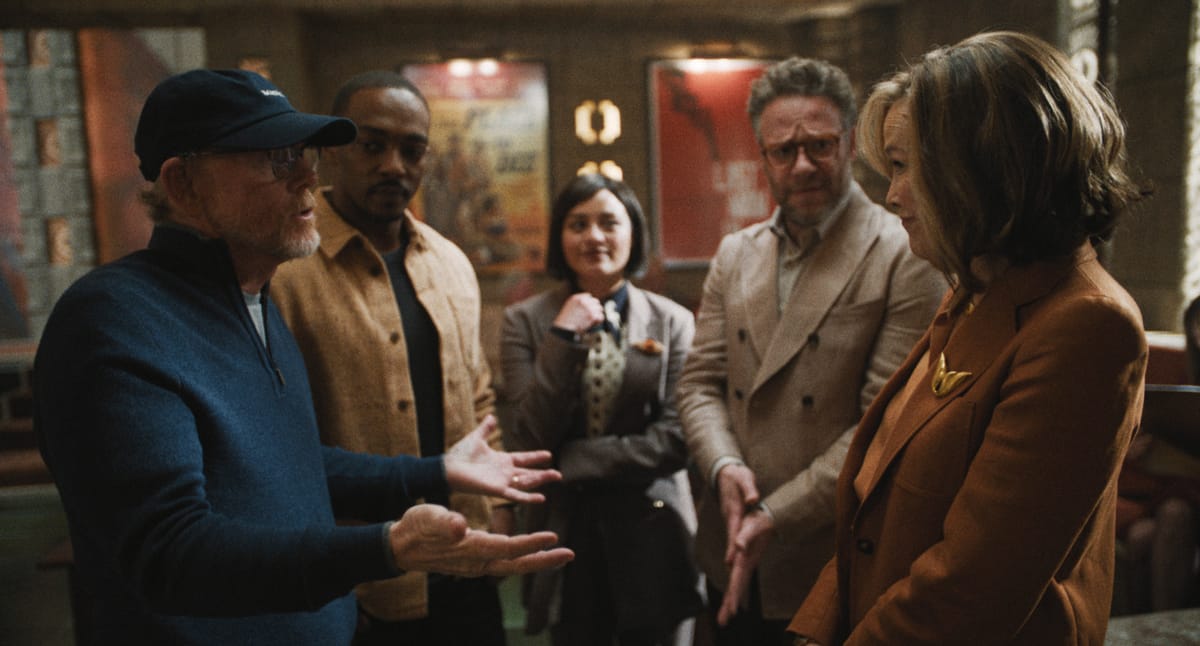
Episodic Reactions are short-form responses to ongoing series to augment our full coverage of frankly more television than we can reasonably budget for, but screw it, amirite? Anyway, these are free to all susbcribers, but paid subscribers get to join the conversation.
In my reaction to the first two episodes of The Studio, I noted that one of my central struggles in a show I mostly enjoyed is the characterization of Matt relative to the setups the show deploys. “The Note,” I would argue, continues to consciously play with this idea, treating it more as a perk than a bug—whether this works is a matter of perspective, I’d say.
Like the first two episodes, we’re focused on another director playing themselves, this time Ron Howard as the holder of “final cut” of a film that…could use some notes. The episode is based on this objective truth: no one exactly knows how to handle it, but from star Anthony Mackie to the entire Continental Studios team, everyone agrees that the final act of Alphabet City is a disaster. It’s not just that it’s too long—the “Motel Sequence” is inscrutable, and everyone agrees.
The “situation” of the episode seems like a generic one when the episode begins: Matt is still new to this job, and giving notes to a big director (no matter who it is) is one of the first clear tests of his leadership. When we see him sweating ahead of their meeting, we’re meant to read it as generic jitters, tied to his inexperience—he can’t tell Ron Howard the truth. Even after the fact, he ties it to his (delusional) belief he’s the most talent-friendly studio head, and defends forcing Sal to do it as a “leadership” move. By the time Quinn agrees to do it, the episode doubles down with Mackie showing up unexpectedly, the young executive too starstruck to address the monkey in the room, and when Patty reveals that it’s deeply personal it digs into the next comic layer as they invent dead cousins to try to solve the problem.
Where “The Note” veers unexpectedly is in the realization that Matt is struggling with this for personal reasons, having been roasted by Howard during an A Beautiful Mind test screening decades earlier. The twist is choreographed early on: when Sal brings up A Beautiful Mind during the test screening, you see Matt panic slightly, the trauma of Howard’s reaction to his 2001 note rushing forward. Suddenly, what felt like another hapless Matt Remick incident is actually a new bit of lore about the character, enshrining his history of bad movie takes.
Except that he’s right in this case. This is where The Studio is playing both sides, and we saw a bit of it in “The Oner” with the suggestion about adding the joint to the beginning of the scene—it made things more difficult (which is probably why they cut it), but the sense is that he has good cinematic instincts and a mostly hapless manner of trying to express them. The comic scenario may unfurl into mass chaos, complete with hat-throwing and glass-breaking once Howard reveals he did remember the A Beautiful Mind incident, but these early vignettes have an outmoded impact on how we see the characters at their center. And because the show mostly treats the minor characters as foils, and there’s a lot of oxygen taken up by Mackie and Howard sending up their own role in this, it’s really only Matt that gets a moment of growth as he mirrors the climactic sequence of Alphabet City on the lot before taking Howard’s call.
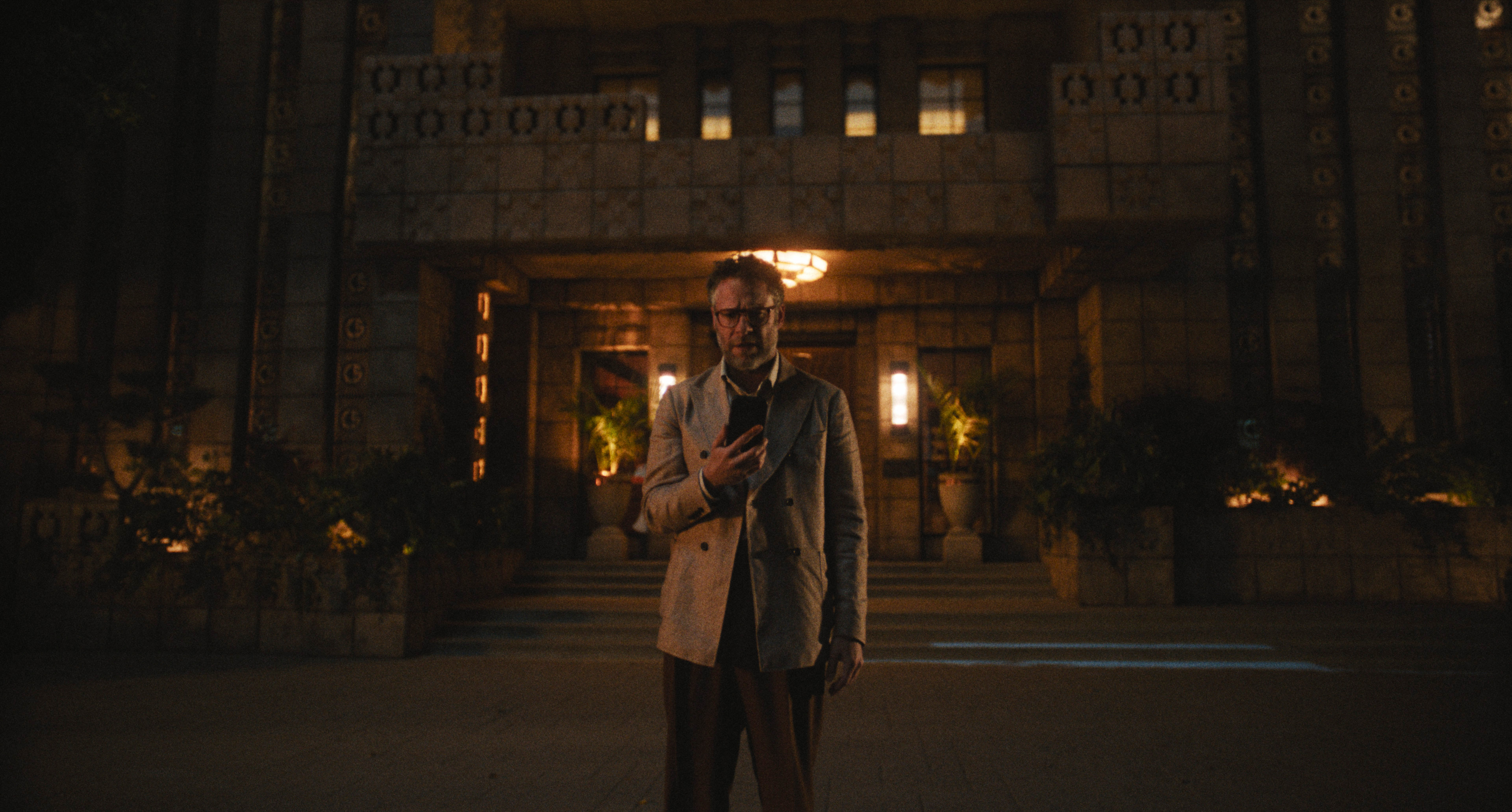
And look, the show builds its appeal on its simulation of Hollywood “reality,” albeit one that in this case doesn’t really have a “critique” of any sort: it’s just an imagined scenario where Ron Howard is secretly an asshole and made a movie with a bad ending. As such, it’s not like every episode needs to be this transformative moment for a given character. However, I ended up feeling again like I’m not sure if I’m meant to be rooting for Matt to succeed, hoping he’ll stumble and fail, or detached from the very idea of “success” because it’s all a cynical enterprise anyway. It’s a vibe that marks it easier to enjoy Kathryn Hahn’s foul-mouthed PR speak than whatever Matt’s doing, since there’s no real expectation that there’s going to be development—pun very much intended—there. But the same isn’t true for Matt, and I left this episode engaged by the premise and still a bit flummoxed with the core of the piece, which I know is overthinking a basic sitcom but you should surely be used to that by now.
Curious how others are responding as the show continues to progress, and how you’d rank Howard’s cameo next to Polley and Scorsese.
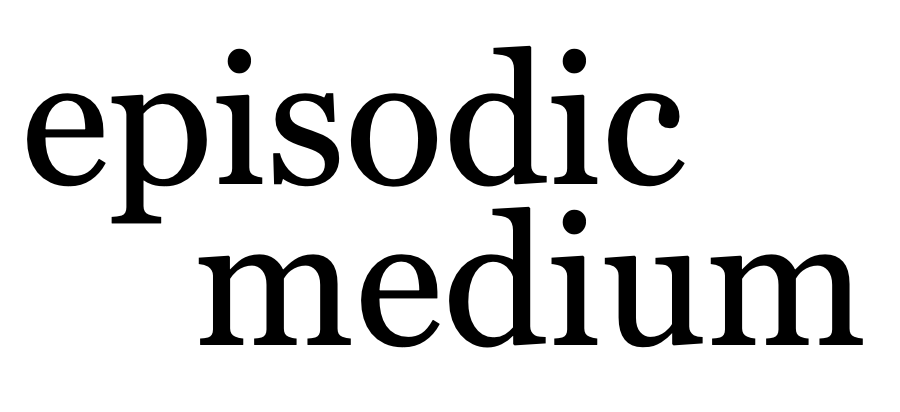
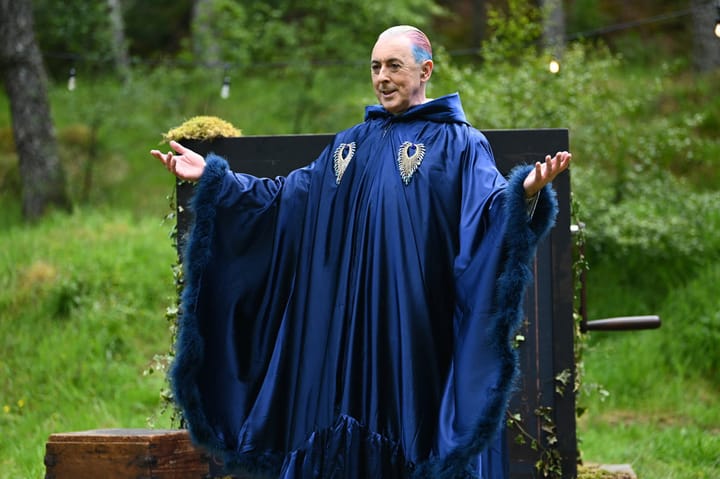
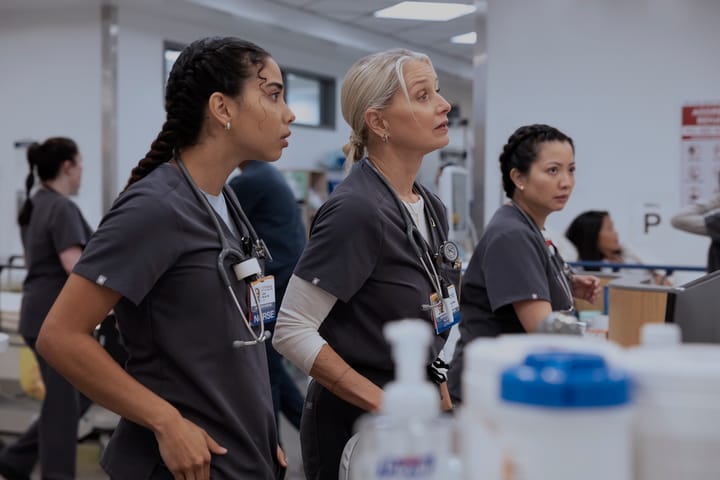

Comments ()